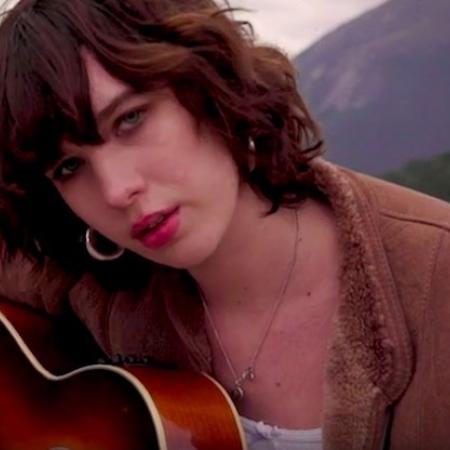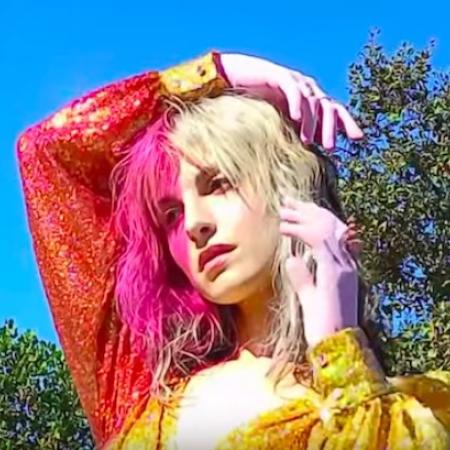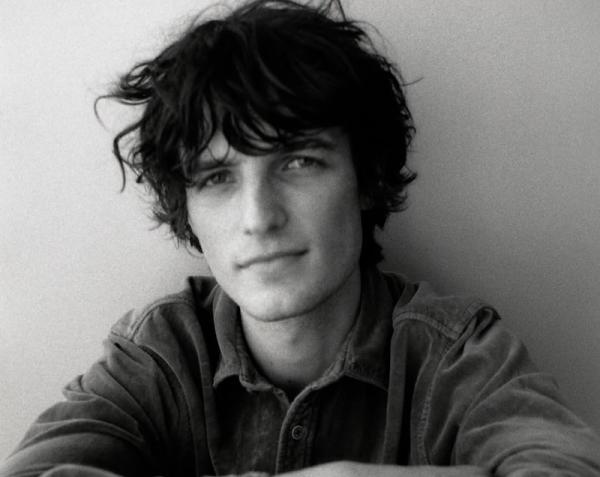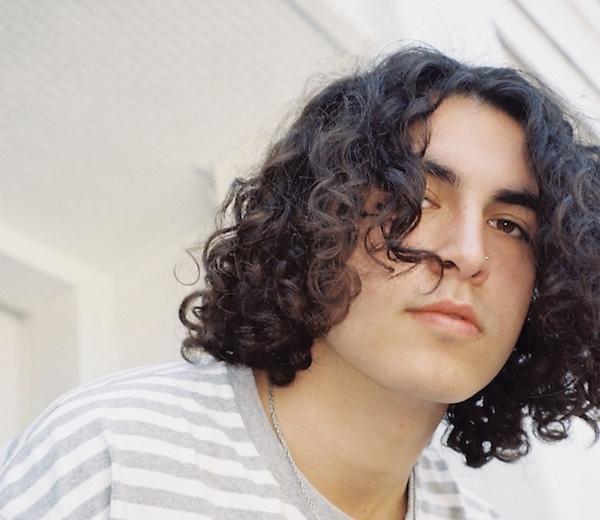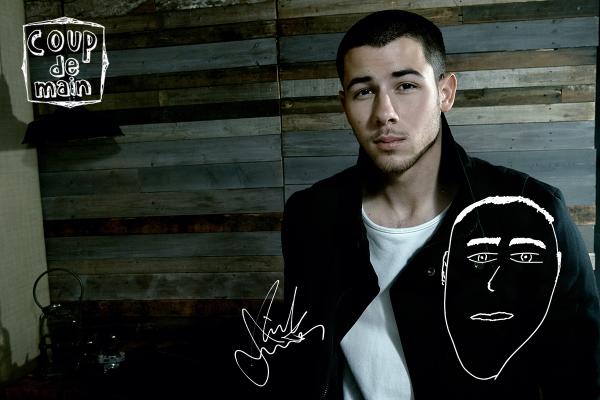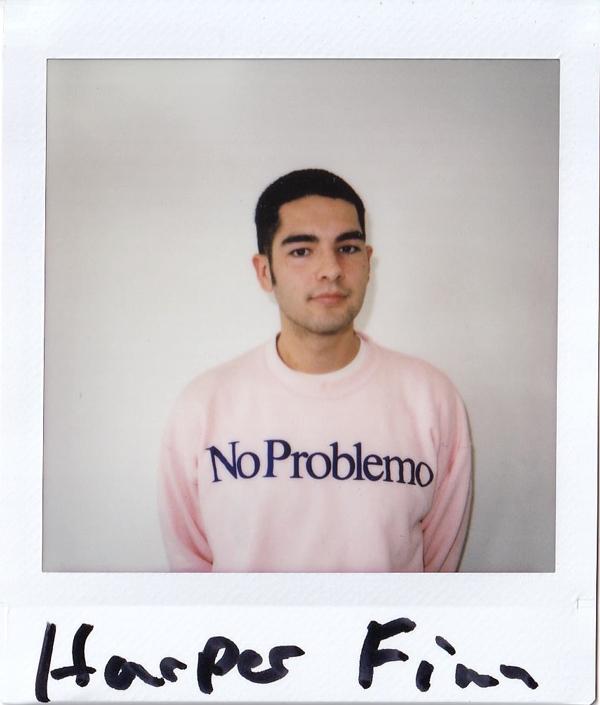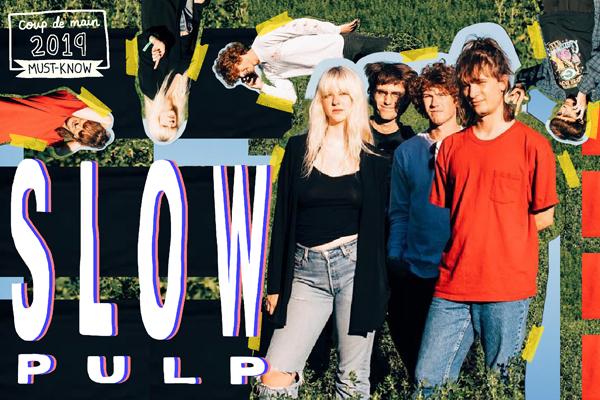"I'm trying to heal but it's a process," Jessie Reyez honestly sings in 'Do You Love Her', the opening song of her debut album 'Before Love Came To Kill Us', which delves into her own emotional experiences in love, healing, identity, and much more.
Reyez's debut album follows two prior EP releases ('Being Human In Public' from 2018 and 'Kiddo' from 2017, the former of which garnered a Grammy nomination), which showcased her raw songwriting talents - a strength that has continued to evolve on the full-length record.
Ahead of the album's release, we spoke with Reyez about the human experience with love, healing, and more...
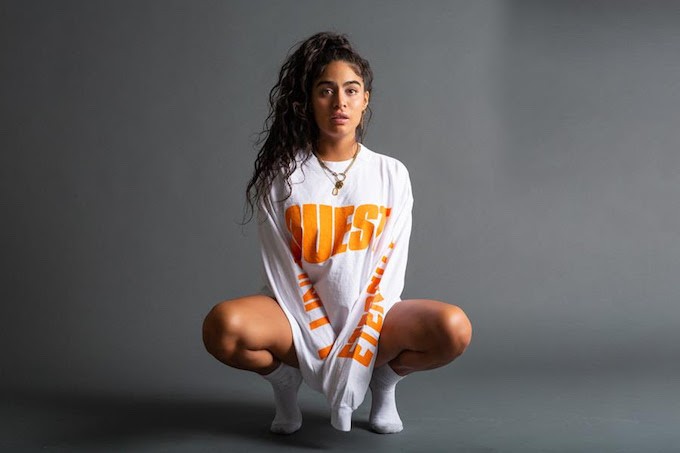
COUP DE MAIN: You've said that: "The whole premise of building this album was to make something that made people think about their mortality. Now it seems like a theme song to what’s happening irl." When we last talked back in 2017, you told us you'd been working on your debut album, so it's been in the works for you for a while now. Does the timing of this release to you now seem perfectly timed?
JESSIE REYEZ: It doesn't seem perfectly timed. I was definitely indecisive about wanting to postpone it out of concern that me promoting my music was going to be insensitive in a time where I feel like the world is fighting a crisis as a community. I really depended on people to help me make my decision. So I put it out there and said, "Should I postpone?" And it was 3% versus 97% of people saying no. So, right now I'm kind of leaning into it. I'm leaning into how ironic it is that the title is 'Before Love Came To Kill Us', I'm kind of leaning into the timing and having faith that this is what it's supposed to do, and kind of leaving it up to God. People are excited and they've been waiting for it, and if it works as an escape for some people, then that'd be great too. It is what it is.
CDM: You've also said, "If we drop now and the world ends tomorrow, at least my art was authentic." Is being true to your art the most important thing to you in life?
JESSIE: It's definitely a priority. It's a priority for me, because it's something that I was gifted from my parents. When I was younger there were differences in what I was allowed and not allowed to do. I learned to be positive with that as a gift in allowing freedom, and writing my creative expression. So if I wanted to wear my brother's clothes, then I was allowed to do it. If I wanted to bleach my hair and dye it pink, I was allowed to do it at home. There were times where I would take the old curtains that my mum was getting rid of, cut them up, and then just make an outfit - make a dress. And if I wanted to go to school in it, I was allowed to go to school in it. I know that that's not common. I know that there's a lot of kids that don't have that when they're younger, regarding how they want to express themselves. So I honour that as a gift, and then part of how I honour that is making sure that it stays in me now. So when I'm at a photoshoot, and I'm dealing with fucking stylists that want to put me in dresses and want to paint my face with a pound of makeup, if I don't want to, I'm not going to. It's important to me, not just in my music, that is who I am as an individual and who I am as a creative.
CDM: "I'm trying to heal but it's a process," you sing in the opening song, 'Do You Love Her', which is a really self-reflective song. What do you think the hardest parts about healing are?
JESSIE: Not picking the scab. It's so hard. It's so hard not to pick the scab. I feel like I have the wrong perception of what love is; I had this wrong idea of what love is supposed to be. So, for me personally, when I'm trying to heal, it's just hard not to pick my scab. If you know that you have a picture of somebody that you know is going to hurt you, why would you look at it? But sometimes it's hard for me not to look. I feel like maybe other people go through that too. But if you think that you want to see it, in reality, you just hold onto pain because it's the only thing of that person that you have left - but that's not doing you any good, just because you don't want to let go of the pain to let go of the person. So I think the hardest thing is understanding that you got to put your health as a priority, more than picking a scab just so that you can stay close to the time in your life that you might miss.
CDM: I think 'Kill Us' is my favourite song on the album, it's so beautiful! You're very honest when you sing, "I know nobody gets out of love alive / We either break up when we're young or we say goodbye when we die." With that in mind, why do you think that love is such an important part of the human experience?
JESSIE: I don't know what our purpose is, right? Nobody knows. But it seems like creation might be one of the big things; one of the reasons why we're here. And if you really look at what happiness is... science can argue that happiness is this chemical being released in your brain? This is an intense question, this could get deep real quick because I don't know... at the end of the day, I'm not sure what love is, if love is an emotion, or if love is just chemicals being released in your brain at a certain time so that you actually look after your offspring when you create because human beings can be regarded as a virus on earth because we're just here to make more, so it's kind of fucked up. I don't know why it's such a crucial part of the human experience, I don't know if it's perpetuated by the media, or if it's just innate when people couple up because there's people that are polyamorous and can love five different people at once.
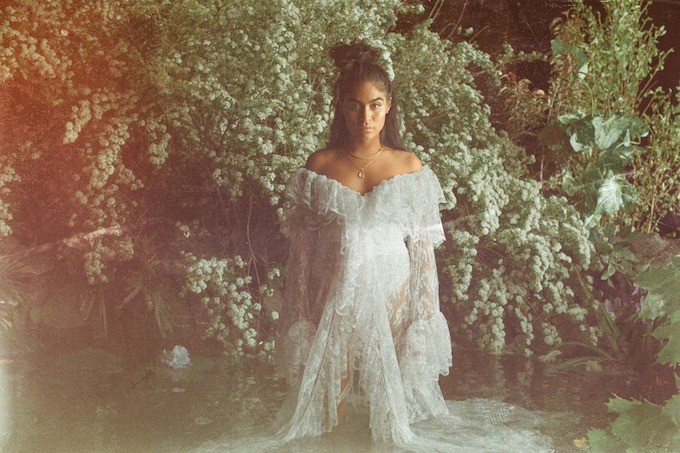
CDM: What was it about the line in 'Kill Us' that made you want to name your album after it?
JESSIE: It actually originally called 'You Could Die Tomorrow', that's what the album was called. And then I remember making the song and I remember singing it and I remember hearing that line and thinking to myself, 'Fuck.' It seemed like 'You Could Die Tomorrow' only painted one side, it seemed like it had more of a negative connotation to it. Whereas 'Before Love Came To Kill Us' had the capability of being both black and white, of being both beautiful and dark, of being both life and death.
CDM: Did you write the two poetry segments at the end of 'La Memoria' and 'I Do'? ("When the red is almost black, and the rose is almost dead, that is my favourite colour," and, "These days I let all my flowers die. Like my flowers, in a vase, over some rocks, because there's more control that way.")
JESSIE: That's actually a collaboration that I did with one of my favourite poets from Toronto. Her name is Tania Peralta and I've been a fan of her on Instagram for a long time. I appreciate feminine energy and I wanted to include her on the project. I spent like five hours, going through 400 poems, trying to find the one that it was, and I ended up falling in love with so many that I was like, "Alright, here's what I'm going to do." Then by myself, I took two lines from like, Poem 10, and then one line from Poem 20, and then three words from Poem 50, and then I made these transitions that I loved. And she's Latina as well, so I wanted to incorporate that - so the poems are in English, but then I had her echo them in Spanish, so we could echo that duality.
CDM: Did you enjoy filming your cameo for the film 'Someone Great'?
JESSIE: I did! The director is great; I loved working with that director. I love working with actors and the actresses, and there were fans that were extras actually in the audience.
CDM: Was it fun teasing your song 'Dope' like that - almost a year before fans get to finally hear it in full on your album?
JESSIE: No, it wasn't fun, but it worked out. 'Dope' actually wasn't going to come out but then everybody fought for it, so it's coming.
CDM: You've said that you wrote 'Love In The Dark' during a "really sad time" in your life and that it's a vulnerable song. Did you find it therapeutic writing that song?
JESSIE: Not really. It's just for a second, of how I feel at the time, but when I listen back to music, it's nice when it's a song that's full of love, like how 'Love In The Dark' is full of love. But it's not that when it's darker songs. I can't listen to my song 'Cotton Candy' all the way through because when I do it's like I'm digging my finger into a fucking scab that's not healed yet, so my heart just sinks. So there's songs that I can do it with and songs that I can't.
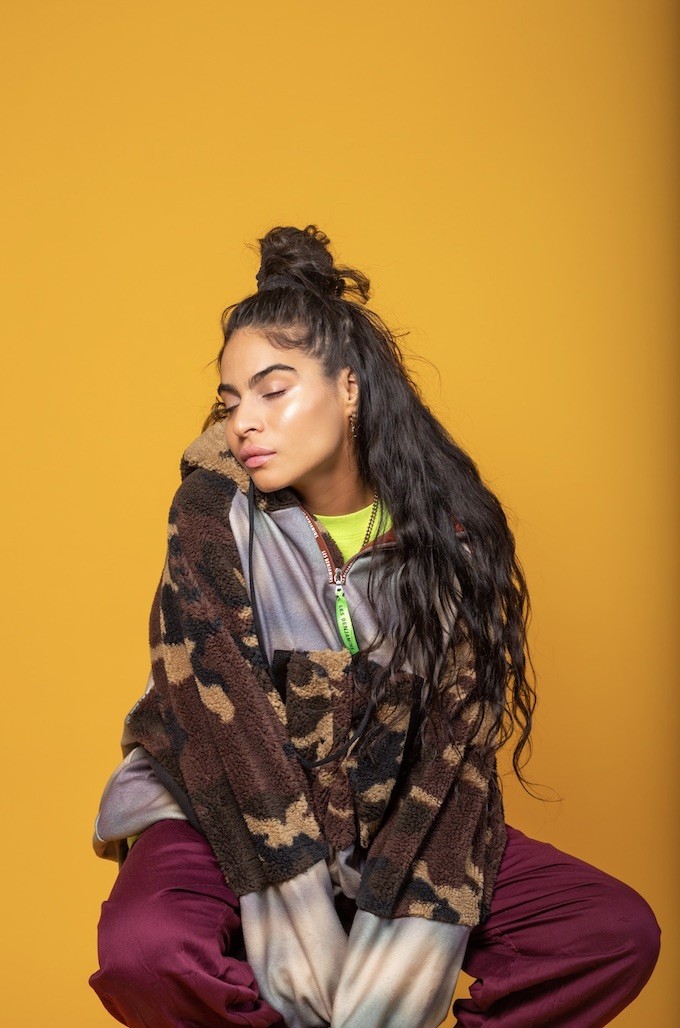
Jessie Reyez's new album 'Before Love Came To Kill Us' is out now - watch the 'I Do' music video below:


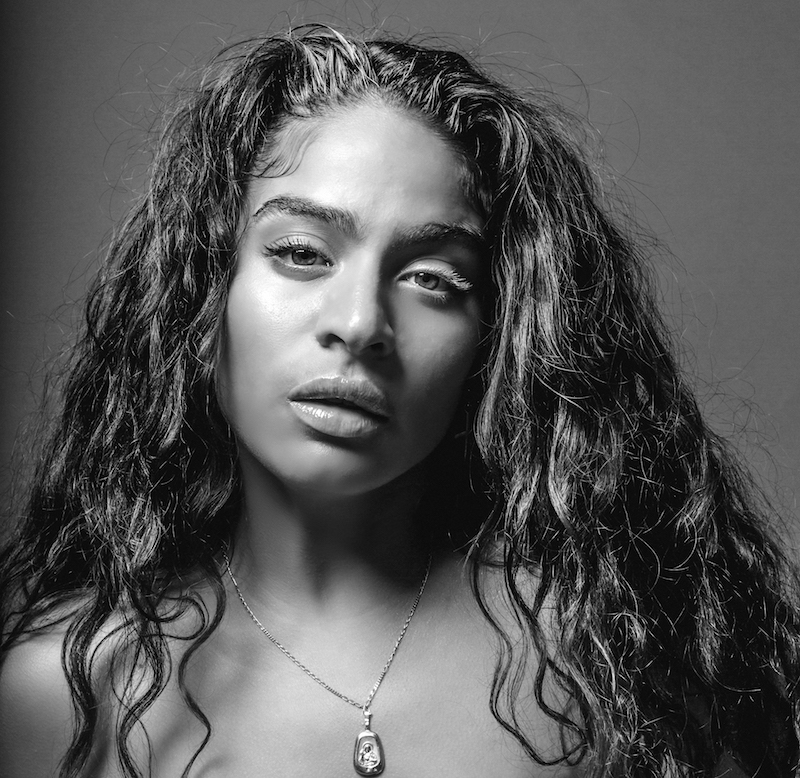
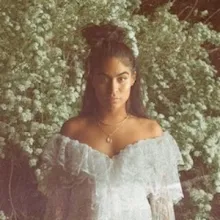 Jessie Reyez
Jessie Reyez